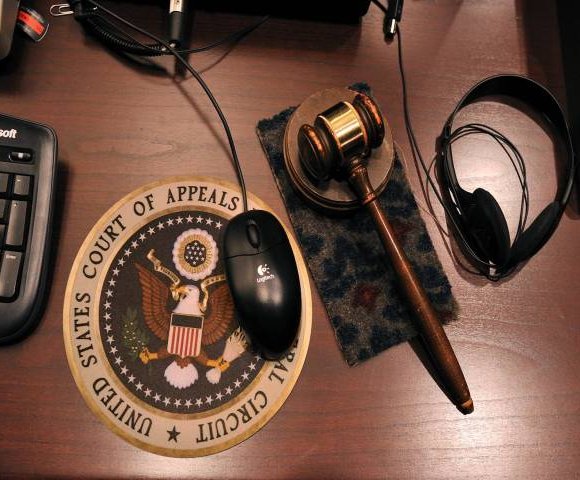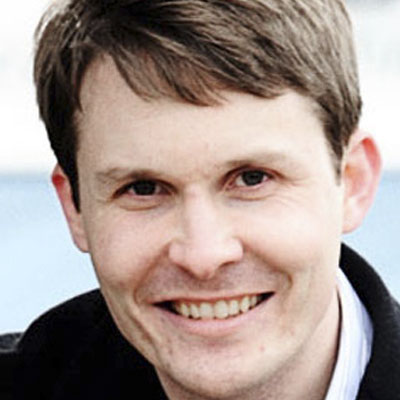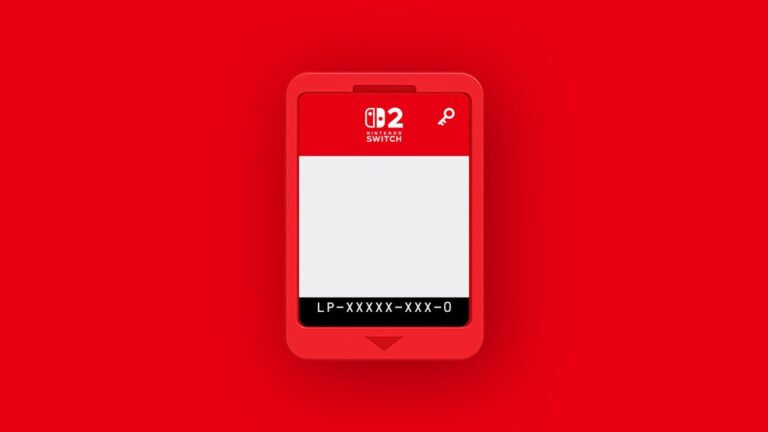For decades, the courts have struggled to decide what types of innovation are eligible for patent protection. For much of that time, the central institution in that debate has been the United States Court of Appeals for the Federal Circuit, the appeals court that has jurisdiction over patent cases.
The Federal Circuit has been strongly pro-patent since its inception in 1982. It was the court that opened the floodgates for software patents with a series of permissive decisions during the 1990s. And it was the court that gave the green light to patents on medical diagnostic techniques, only to be overruled by the Supreme Court in March.
Why is the Federal Circuit so enthusiastic about extending patent protection to new fields? The court's current members are understandably circumspect, but retired judges can be more candid. So on Friday, Ars Technica traveled to Princeton University to hear a keynote address by retired Judge Paul Michel, as part of a conference on patent law. Michel served on the Federal Circuit form 1988 to 2010, and was its chief judge for the last six years of his tenure. His comments shed light on the motivations behind the dramatic changes in patent law over the last two decades.
"Bad solutions"
In his remarks, Michel argued that policymakers crafting the America Invents Act, last year's patent reform bill, should have focused more on the interests of small, fast-growing technology startups. These firms, the "Apples of the future," are a key source of job creation, he said.
After Michel finished his speech, Ars Technica asked him what seemed to us the obvious question: given that many software startup founders find the patent system to be more of a hindrance than a help, shouldn't excluding software from patent protection be considered as a reform option? The judge didn't agree.


 Loading comments...
Loading comments...
